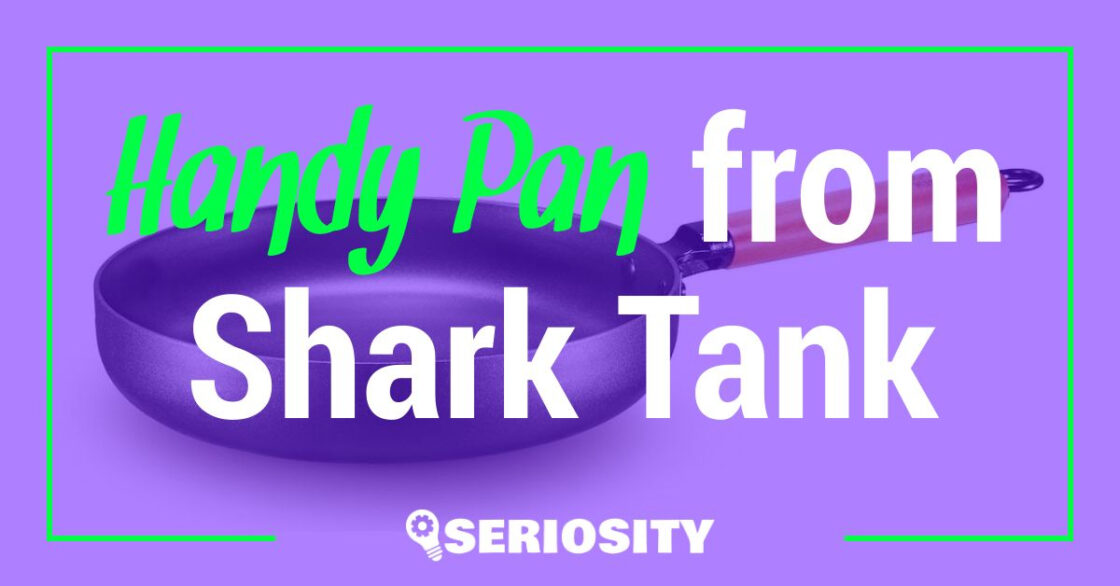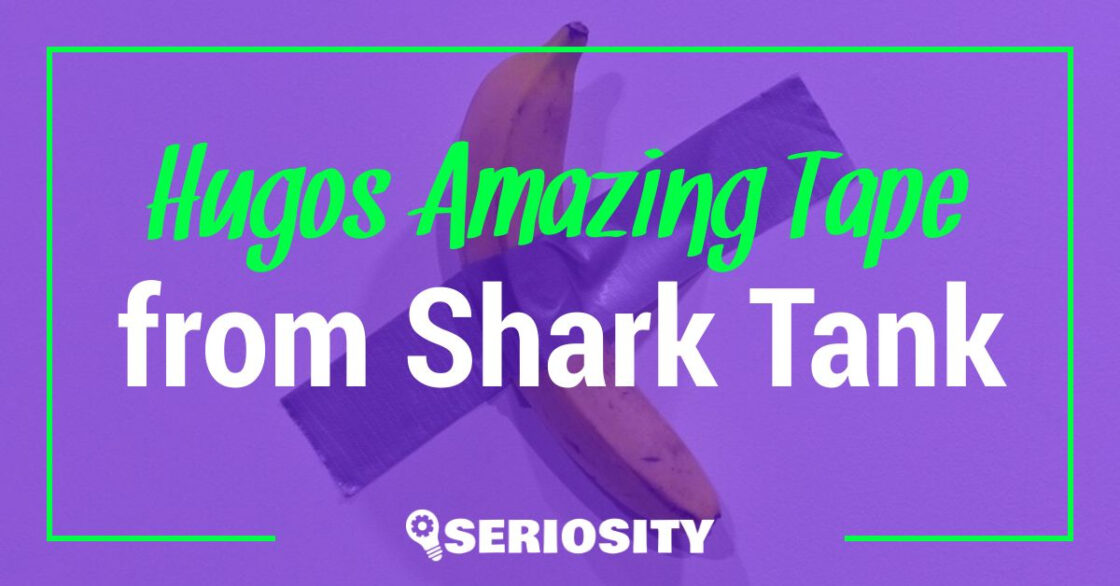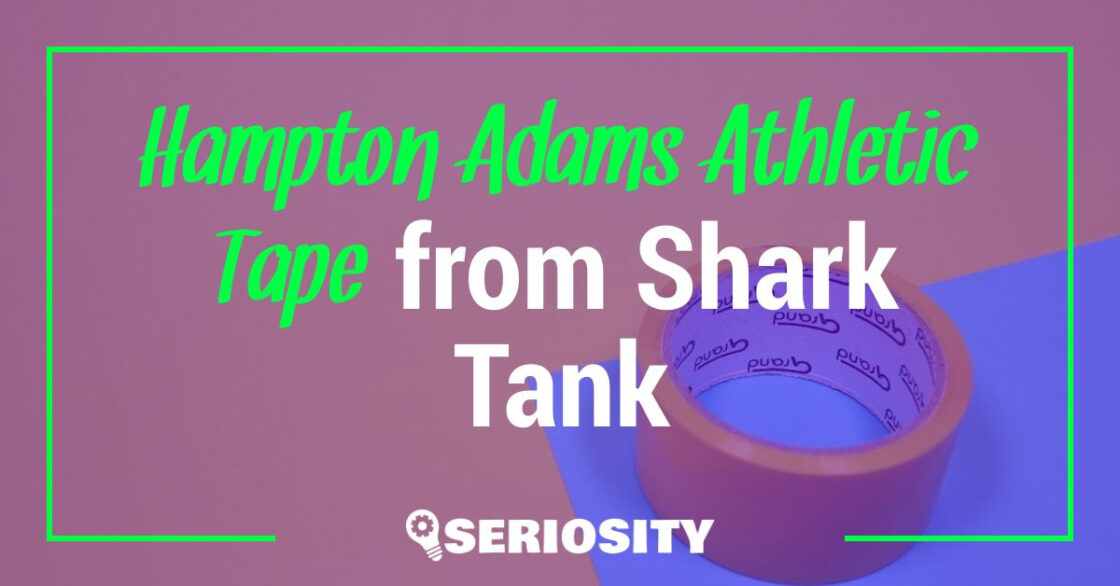The exciting thing about Shark Tank is seeing ordinary business owners or entrepreneurs close life-changing deals. Viewers watch, glued to the screen, rooting for their favorites.
What happens when the lights go up and the cameras are off? Are the deals real? Do they always go through? Why do some deals fall through?
The Short Version
The main reason why deals on Shark Tank fall through is usually that the entrepreneur wasn’t completely honest during their pitch. Another common cause is the entrepreneur wasn’t looking for a deal. Some simply want the exposure of being on the show.
There’s a lot more to know about Shark Tank deals and why they fall through that you’ll want to know, so stick around!
The Shark Tank Deals Process
The first step to understanding why some deals fall through is understanding the process of the show. Deals may be made on camera, but the process doesn’t end there.
The Pitch
Shark Tank deals all begin with a pitch. The entrepreneur steps into the “tank” with the judges. They explain what their product is, and go into detail about their business performance.
They may speak about their sales, sales projections, and the cost to make the product. Of course, this is in addition to explaining the product itself and allowing the judges to see it.
The shortest pitches may take 20 minutes, at which point the sharks know they simply aren’t interested. Successful pitches can take 1 to 2 hours. Of course, it’s edited down into a short segment for TV purposes.
The Offers
After the pitch, the sharks have the chance to make their own pitches. They offer entrepreneurs deals if they think the product will be successful.
In some cases, several sharks make offers, allowing the entrepreneur to pick the one they feel is best. The entrepreneur isn’t obligated to agree to any deal, but most do if one is offered.
The Handshake
When an offer is accepted, the shark who makes the deal typically shakes the hand of the entrepreneur. In some cases, the deal is sealed with a hug instead.
The handshake has long been considered an informal business agreement. This means you aren’t signing a contract, but are making an initial pledge to agree to the deal.
In fact, informal agreements are often known as “handshake deals” because a handshake is so often used to confirm this type of deal.
Due Diligence
After the handshake, the sharks’ team begins doing due diligence. This is a business term that essentially means fact-checking. They check all aspects of the product and business.
If their numbers don’t match up with what the entrepreneur said in the pitch, they have the right to walk away from the deal.
For example, a shark may be told a product has a $1 profit margin. If they later find out the profit margin is $0.10, they are going to feel very differently about the deal.
How Many Deals Fall Through?
The majority of Shark Tank deals either fall through or undergo changes after the handshake, for a variety of reasons.
According to Forbes, 27% of deals go through as stated on the show. 30% of them go through with adjusted terms. 43% of deals end up falling through and potentially become unknown Shark Tank failures.
This number may seem high, but it’s actually very common in the business world. In fact, 50% of business sales end up falling through, which makes Shark Tank’s numbers pretty impressive.
Why Do Shark Tank Deals Fall Through?
Shark Tank deals can fall through for several reasons. Often, they fall apart when due diligence is done. However, there are other reasons as well.
Due Diligence and Facing Facts
According to shark Kevin O’Leary, entrepreneurs are usually not intentionally dishonest. It does happen, but the majority of the time, they are simply over-optimistic.
O’Leary explains, “It’s not that it’s not the truth. They are extremely optimistic about their prospects.” He goes on to say,”So you got to be realistic, right? We try to deal with reality because it’s our real life. We put millions of dollars to work.”
Changing Terms
Another reason some deals don’t close is that the terms change after the show. Why the terms change isn’t always clear. Perhaps the shark feels they can get a better deal, or realizes the business isn’t as valuable as they first thought.
Regardless of the reason, over half of the deals that ultimately close do so with different terms than were promised on the show.
This is part of the nature of business. Making a large financial deal requires negotiation. As new facts arise, the terms of the offer may change.
When the terms do change, the entrepreneur has the choice to agree to them, propose a counter offer, or walk away from the deal.
Not Looking for a Deal
The majority of entrepreneurs on Shark Tank want a deal very much. However, there are a few that have no interest in making a deal. They want publicity and the “shark effect”.
The shark effect is the effect that being on a show has on the sales of a company, regardless of whether they were offered a deal. Some companies increased their revenue by 10 to 20 times after appearing on the show.
Jeff Foxworthy made a deal for a “hillbilly clothing line”, with Mike Abbaticchio and Shon Lees. After the show, the pair told Foxworthy they weren’t interested in a deal.
Robert Herjavec believes that this is why many deals fall through. He states that in his experience, 90% of deals fall through because the entrepreneur backs out. He believes that many of them are simply there for publicity, instead of getting a deal.
They stated they simply wanted to be on TV for free publicity. Foxworthy didn’t think that was the wisest choice, as they sold t-shirts from the trunk of their car.
The Bottom Line on Shark Tank Deals
Despite the glitz, editing, and cameras, in many ways, Shark Tank functions the same way typical businesses or investors do. This means that not all deals are going to close. They may fall through due to the entrepreneur being overly optimistic, or the entrepreneur not wanting a deal.





